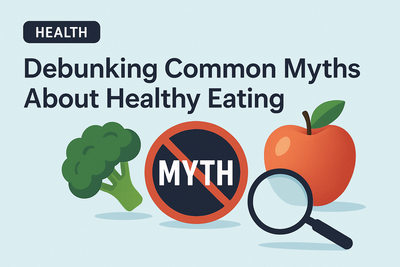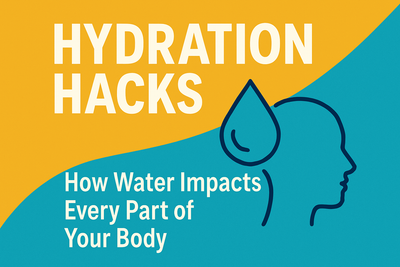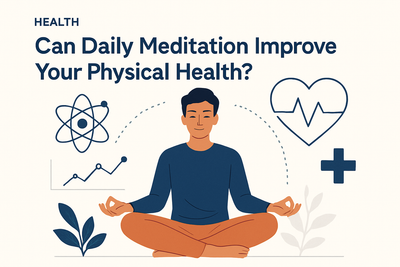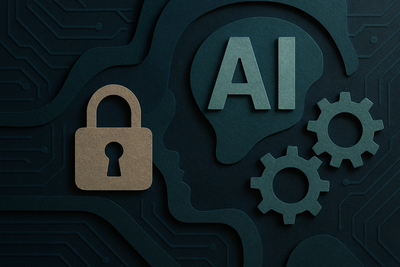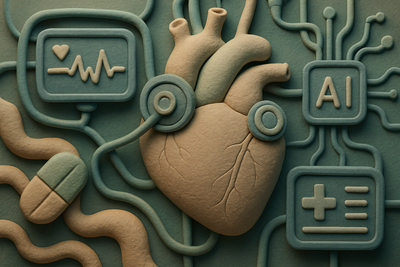Digital Detox: The Mental Health Benefits of Unplugging Regularly
Introduction
In a world where our lives are increasingly intertwined with screens, from smartphones to laptops and TVs, it's easy to feel constantly connected—and overwhelmed. Whether it’s email notifications, social media updates, or endless news cycles, digital noise is unavoidable. But what if stepping away from your devices, even briefly, could significantly boost your mental well-being? That’s where a digital detox comes in.
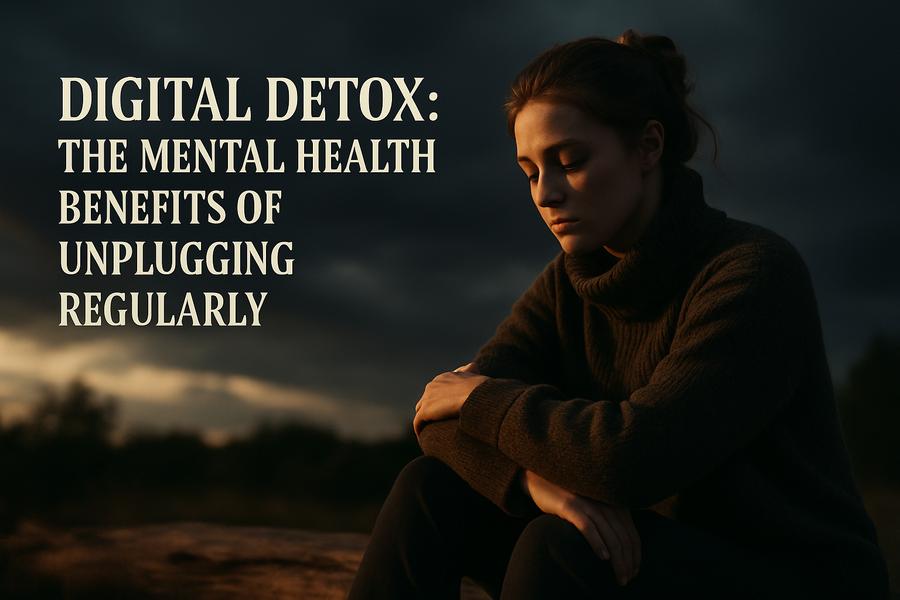
What is a Digital Detox?
A digital detox involves intentionally taking a break from digital devices to reduce stress and focus on real-life social interactions. It doesn’t require abandoning technology altogether but rather using it more mindfully. People often engage in digital detoxes during vacations, weekends, or designated hours each day.
The Mental Health Benefits of Unplugging
1. Reduces Stress and Anxiety
Constant alerts and information overload can activate the body's stress responses. Taking time away from screens allows your nervous system to relax. Studies have shown that limiting screen time can decrease cortisol levels, the hormone associated with stress.
2. Improves Sleep Quality
Exposure to blue light from screens disrupts melatonin production, making it harder to fall asleep. A digital detox helps reset your natural sleep-wake cycle, leading to better rest and improved mood.
3. Boosts Focus and Productivity
Multitasking on different apps and platforms can scatter your attention. Disconnecting gives your brain a chance to reset, enhancing your ability to concentrate and complete tasks efficiently.
4. Enhances Relationships
When you're not glued to your phone, you’re more present in conversations and social interactions. This strengthens personal relationships and fosters deeper connections.
5. Promotes Mindfulness
Without constant digital distractions, you can engage more deeply with your surroundings and thoughts. Practicing mindfulness has been linked to reduced symptoms of depression and anxiety.
How to Start Your Own Digital Detox
- Set boundaries: Establish specific times when devices are off-limits, such as during meals or before bed.
- Designate tech-free zones: Keep certain areas of your home, like the bedroom, device-free.
- Inform others: Let friends and coworkers know about your detox to manage expectations.
- Find alternative activities: Read, go for a walk, journal, or spend time with family instead of scrolling.
- Start small: Even a few hours of unplugged time can make a big difference.
Conclusion
Taking regular breaks from digital devices isn’t just good for your eyes—it’s essential for your mental health. By practicing mindful disconnection, you open the door to lower stress levels, better sleep, stronger relationships, and a clearer mind. Try carving out some screen-free time each day and see how much lighter and more focused you feel. Your mind will thank you.


